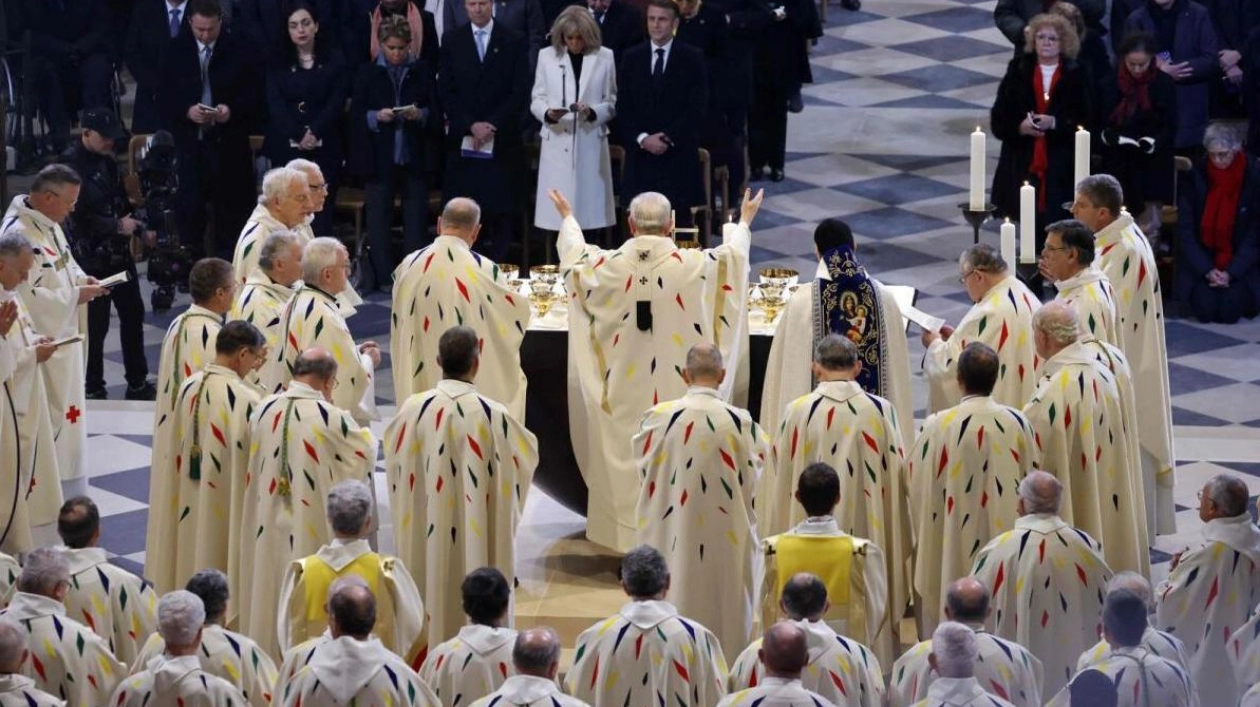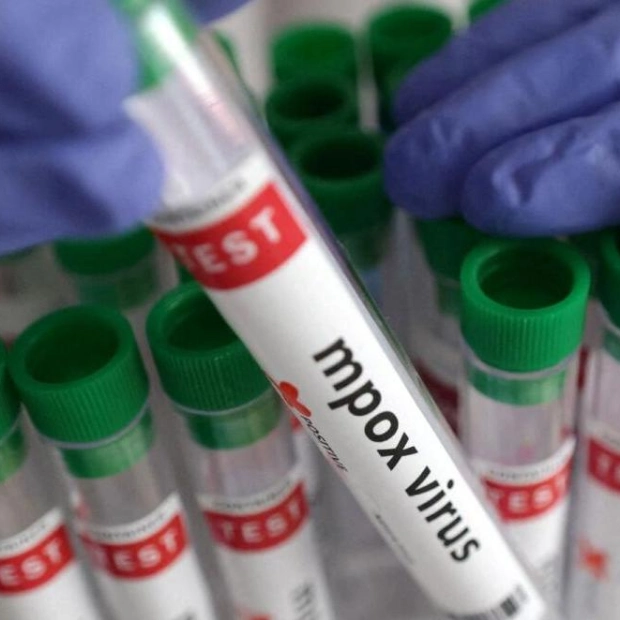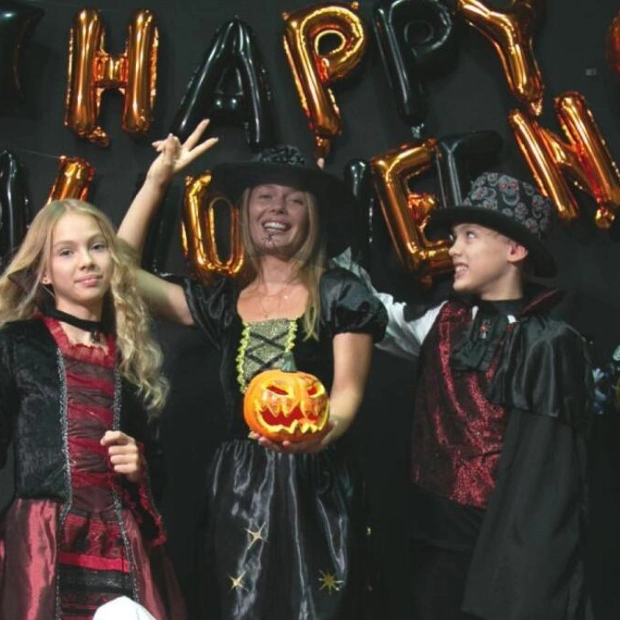France's President Emmanuel Macron and First Lady Brigitte Macron joined attendees as Archbishop of Paris Laurent Ulrich led prayers for the consecration of the new main altar during a mass at the Notre-Dame de Paris cathedral on December 8, 2024. — AFP
French President Emmanuel Macron was scheduled to hold a series of consultations with party leaders on Monday, amid mounting pressure to appoint a new prime minister and resolve a political crisis. Last week, far-right and hard-left lawmakers united to oust the minority government of Prime Minister Michel Barnier in a historic no-confidence vote, triggered by a standoff over an austerity budget. Macron was expected to meet with independent MPs from the centrist Liot group, Green party leaders led by Marine Tondelier, and the Communists on Monday morning.
Parliamentary speaker Yael Braun-Pivet stated that a new head of government should be appointed 'within the next few hours', urging the president's centrist camp to collaborate with the right-wing Republicans (LR), independent MPs, and the Socialists. 'You would have a majority, so there is no longer any possibility of censure,' she said on Sunday. The successful no-confidence vote, the first in over six decades, intensified the political crisis and led to calls for Macron, 46, to resign and call early elections. Macron, however, declared last week that he intended to serve out the remainder of his term, promising '30 months of useful action' and the appointment of a new prime minister in the 'coming days'.
Over the weekend, Macron hosted world leaders, including US President-elect Donald Trump and Ukrainian President Volodymyr Zelensky, for the reopening of Notre Dame cathedral in Paris, following its devastating fire in 2019. He is now under significant pressure to form a government capable of surviving a no-confidence vote and passing a budget for the next year, in an effort to mitigate political and economic turmoil. It took Macron over 50 days to select Barnier, from the Republican party, after the inconclusive legislative elections in the summer, which resulted in a hung parliament. Allies are urging Macron to act swiftly this time.
'We can't go on like this,' said Macron's centrist ally Francois Bayrou on Sunday, warning that the French people did not want uncertainty to persist. Bayrou, who heads the MoDem party, allied with but not part of Macron's centrist force, has been considered a potential candidate for prime minister. 'If I can help us get through this, I will,' he stated. However, many do not support his candidacy. 'Mr Bayrou's political line did not win the legislative elections,' Tondelier told broadcaster RTL ahead of Monday's meeting with Macron. 'We need a personality who is compatible with the left,' added Raphael Glucksmann, founder of the progressive left-wing movement Place Publique, expressing hope to bring on board Communist and Green MPs.
The left-wing New Popular Front (NFP), formed to prevent the far-right from gaining power, emerged as the largest bloc in the National Assembly after the summer elections. This broad alliance includes the hard-left France Unbowed (LFI), the Socialists, Communists, and Greens. Its leaders have consistently argued that Macron should appoint a prime minister from their ranks, a suggestion the president previously dismissed. Macron, who has sought to separate the Socialists from their alliance with the LFI, received support when Socialist Party leader Olivier Faure expressed readiness to negotiate with the president's centrists and the right. LFI's leader Jean-Luc Melenchon, however, stated that his party had not authorized the Socialists to negotiate with Macron.
On Friday, Macron met with leaders of the parliamentary factions of his own centrist forces, the Socialist Party, and the Republicans. The far-right National Rally (RN) has not yet been invited to talks. Nonetheless, RN leader Jordan Bardella has demanded a meeting with the future prime minister, stating, 'You can't pretend we're not here.' Barnier, who has been prime minister for only three months, continues to oversee the government on a caretaker basis until a new government is appointed.
Source link: https://www.khaleejtimes.com






